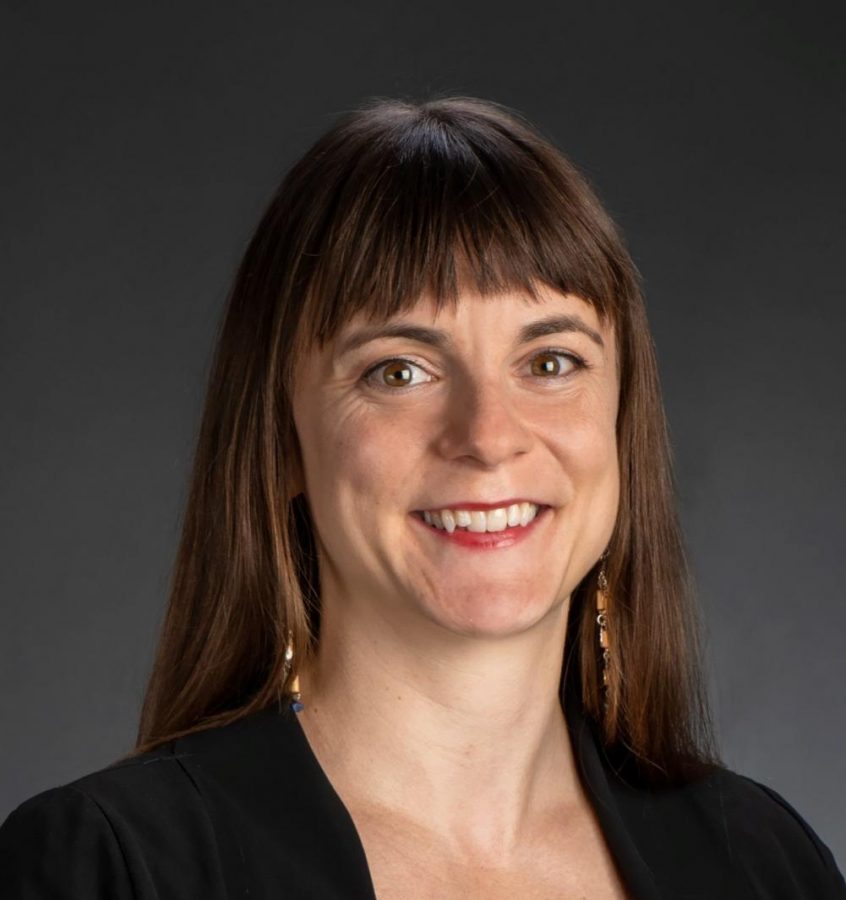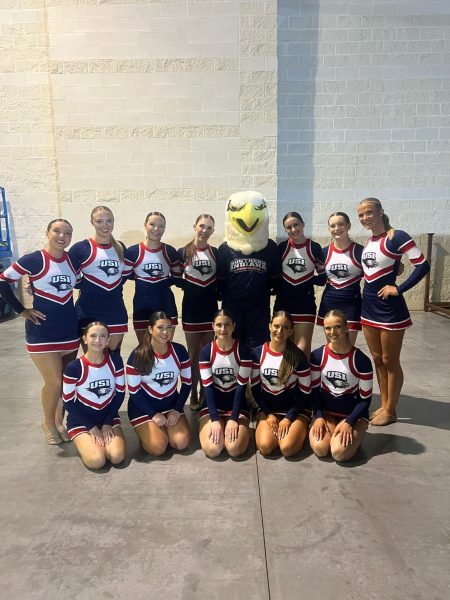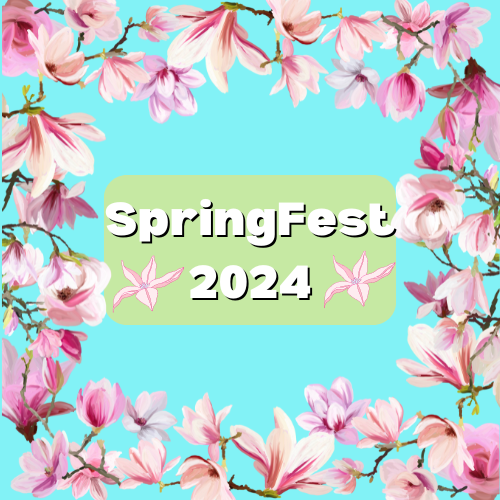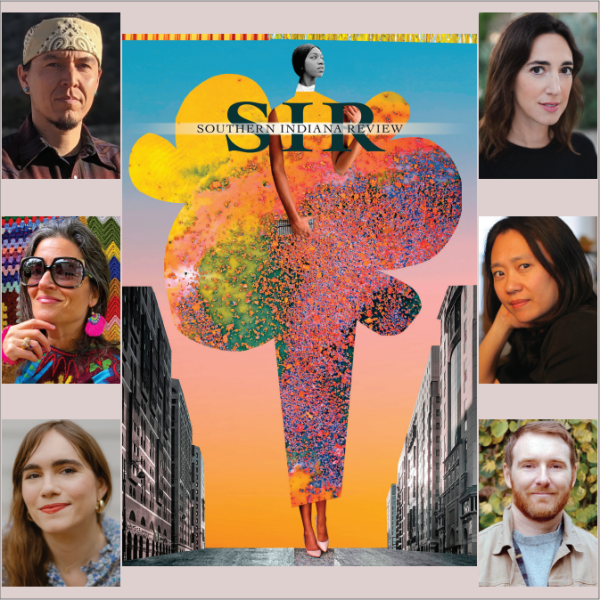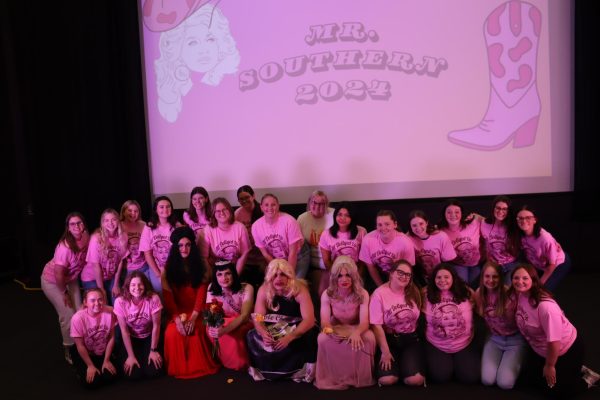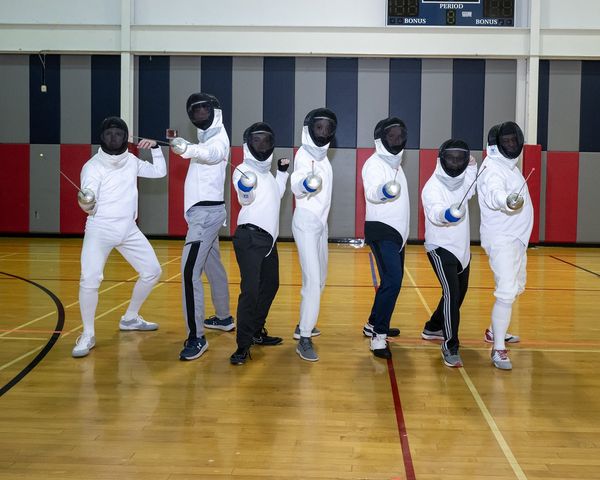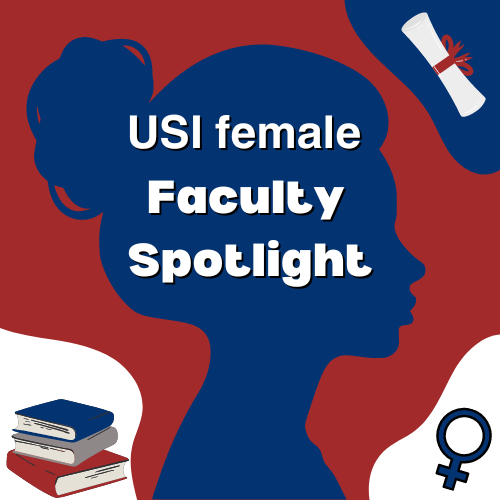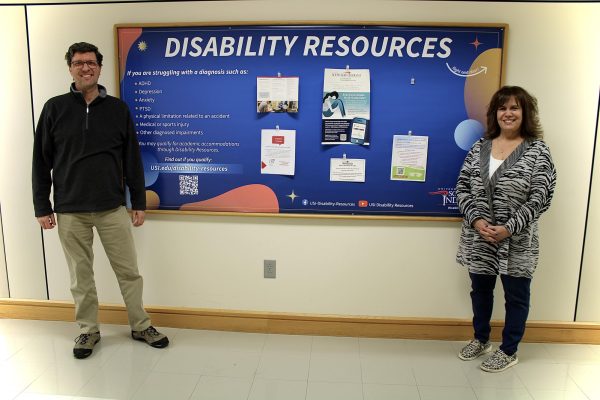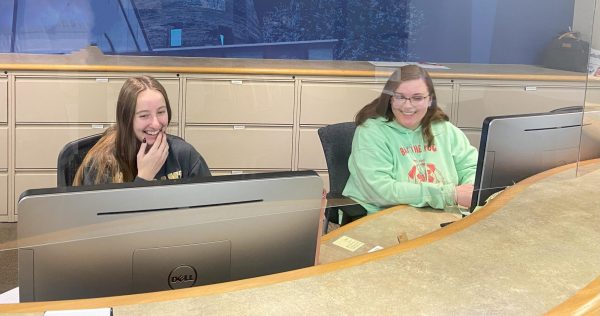Expanding the view of poetry
New english professor to share her work for Southern Indiana Reading Series
Rosalie Moffett said she likes poetry because it lets her study whatever she wants.
“I’m interested in history and science and technology and being a writer allows me to pursue any interests that I want to and bring bits of it to my writing,” The assistant professor of English said. “Unlike other things I was sort of interested in, like psychology or sociology, it’s actually more broad and wide reaching than any of these other things I’ve considered. And that’s one of the things I love about it.”
Moffett started teaching at USI this semester, and she will be reading from her poetry collection “Nervous System” for the Southern Indiana Reading series Sept. 26 at 4:30-5:30 in the Griffin Center.
Moffett previously worked at Purdue University in West Lafayette, Indiana. She got into teaching after teaching composition and creative writing as a part of her Wallace Stegner Fellowship in Creative Writing from Stanford University in Stanford, California.
“I wanted to be a teacher and part of it is because it allows me to talk about the things I care about,” Moffett said. “I’m really interested in how we convey ideas and how thinking about how we do it is interesting and revelatory. Teaching just allows me to spend more time doing that than I otherwise would have.”
Moffett said she always liked the way poems looked and wanted to write poems as a kid. She didn’t know she wanted to do poetry in particular until she attended Lewis & Clark College in Portland, Oregon. She had signed up for a fiction and poetry workshop and was placed in poetry, her second choice. Moffett was taught throughout her college career by Mary Szybist, who won the National Book Award for poetry in 2013.
“She was transformative for me,” Moffett said. “She was a huge inspiration to me and showed me what it was like to be a poet and to teach poetry. You can call that the beginning if you want.”
Moffett took several years to publish her first poetry collection, “June of Eden,” through the Ohio University Press in 2017. “Nervous System,” which is a National Poetry Series winner, is her second published book, “Nervous System,” is not a collection, but a novel-length poem focusing on Moffett’s mother and her neurological illness.
“It starts by thinking about these experiments that my mother did,” Moffett said. “She’s a biologist, and it sort of moves to thinking about the wider world than myself, what I stand to inherit from her. If I become a mother, what will that be like? It kind of starts focused on her and thinking about the brain and comes around to the end to thinking about myself within that context.”
Moffett said her knowledge as a published poet is what she brings to the classroom.
“There’s something I would always say when I’m teaching poetry, ‘This is hard. I know all of the ways that you want to take the easy route because I’ve tried them,’” Moffett said. “What I think is important about learning creative writing from someone who is a practiced writer is that they are engaged in the challenge and they can appreciate the challenges that the students are encountering as writers.”
Eleanor Sandberg is a senior creative writing major taking Moffett’s poetry workshop class. She said it’s exciting to work with a new professor.
“You can tell that she takes her work seriously,” Sandberg said.
Sandberg said she always feels lucky when she goes to the Southern Indiana Reading Series.
“We usually have really good speakers and writers coming, and I think it’s an exciting opportunity to get to hear them read their own work,” Sandberg said. “We talk in our classes about how hearing the work is a different experience than reading the work for yourself and I feel like that’s the best part of getting to hear who wrote the work, read them the way they are meant to be read.”
Moffett said it’s exciting to get to share her work with her students and the community she is starting to become a part of.
“One of the things that I especially like to bring to my poetry classrooms and to bring to my students is a sense of how broad poetry is,” Moffett said. “A lot of people have a very limited and negative experience of poetry in high school…one of the things I really hope to share with my students through these readings that are organized by USI is how different it can be than what you thought.”

